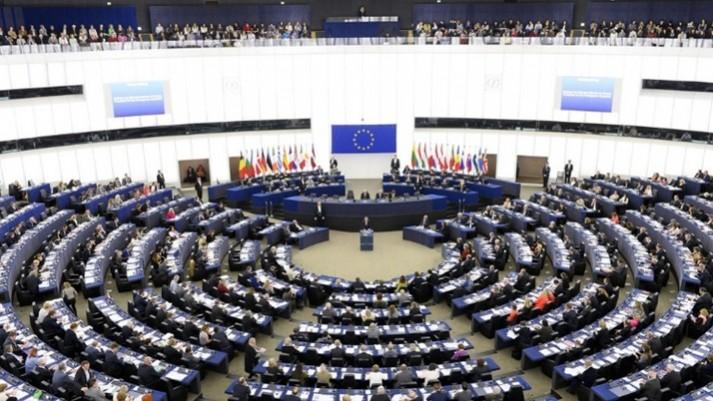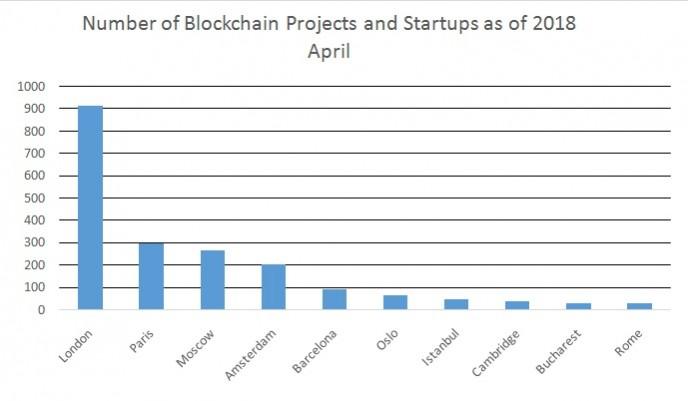
Amidst the cold-bloody wars of the 20th century, which took place in the heart of the European mainland between 1945 and 1956, peace and harmony were far from reality.
Industrialists and coal mining magnates came together to forge a dynamic peace treaty between six founding nations, namely Belgium, France, Germany, Italy, Luxembourg and the Netherlands. The treaty would end a decade of instability and ensure peace and active trade between all the neighbouring countries in the continent. The Treaty of Rome in 1957 gave birth to the European Economic Community (ECC), now actively referred to as the European Union (EU). Ever since then, the entire continent has seen surplus productivity and trade.
At the dawn of 2018, the world has moved beyond the internet and dial-up broadband. A new entity has begun seeping into conversations all across the globe, and it's no longer a whisper in the corridor. Blockchain Technology! The ledger based technology and its practical applications in industries and multiple sectors have sparked off discussions in government bodies and central authorities. The possibility of reducing lag time in manufacturing and the prevention of money laundering in the financial services market has peaked the people's interest in this relatively new, yet rapidly expanding technology!
But the underlying truth is that since the development of the ledger based technology is still in the nascent stage, its growth is mildly pocketed across different geographical zones. This arises due to differences in economic stability and structural autonomy.
Countries in Europe such as Germany, Switzerland, France, Norway and Denmark pump in millions of euros into technology and innovation, whilst smaller countries in the area scrambling to handle the cost and magnitude for the implementation of blockchain technology. This diverse rate of development is what slows, and gradually wears, the industry down.
In April, 22 countries of the European Union signed a strategic charter to facilitate the communication and transfer of knowledge and data regarding blockchain technology. This new council, dubbed as the European Blockchain Partnership, consists of superpowers such as France, the UK, Germany, Norway, Spain and the Netherlands.
The creation of a second generation union displays their desire to re-write their own history. Their history, in question, being a continent coming together to avoid conflict, is now a continent coming together for development and technological growth.
The announcement of a €340 million (roughly $400 million) EU Blockchain Fund along with the creation of a Blockchain Observatory Forum has hastened the pace of the development of blockchain technology and regulated cryptocurrencies in the continent! Spain launched the first multi-national consortium known as Alastria, which will connect multiple verticals from diverse industries under one blockchain ecosystem.
The financial services market is expected to invest close to €1.2 billion (roughly $1.4 billion) by 2021 to implement blockchain technology for cross-sector remittance and payments. The Forum is also exploring investments into Clean Energy, Healthcare and even Transportation, with an investment cap of €800 million (approx. $900 million) till 2020. The number of startups and companies focussing on blockchain technology and cryptocurrency has risen seismically over the last 18 months due to these progressive attributes.

The future of this technology lies in its active sustenance as a fully functional business model. Central funding on a regular basis can result in the technology going defunct, and possibly its death before it could even be born.
Hence, countries and businesses have started participating actively in summits and conferences in order to connect with the international market.
One such summit is the highly anticipated World Blockchain Summit Frankfurt Edition, which is being conducted by international events company Trescon. The summit, through governmental endorsements, will provide a platform to connect the European blockchain industry with different trans-continental requirements, that will inevitably breathe a new life into the blockchain universe within Europe.













